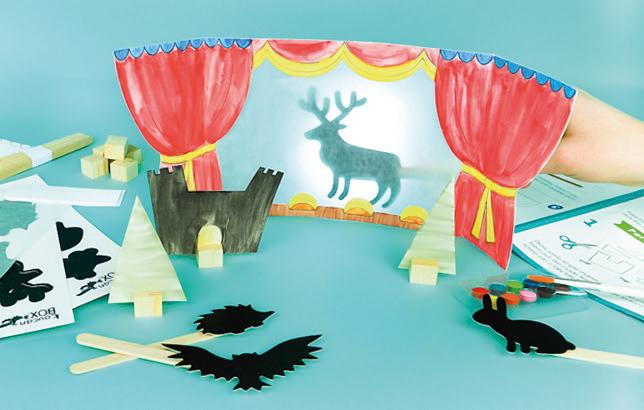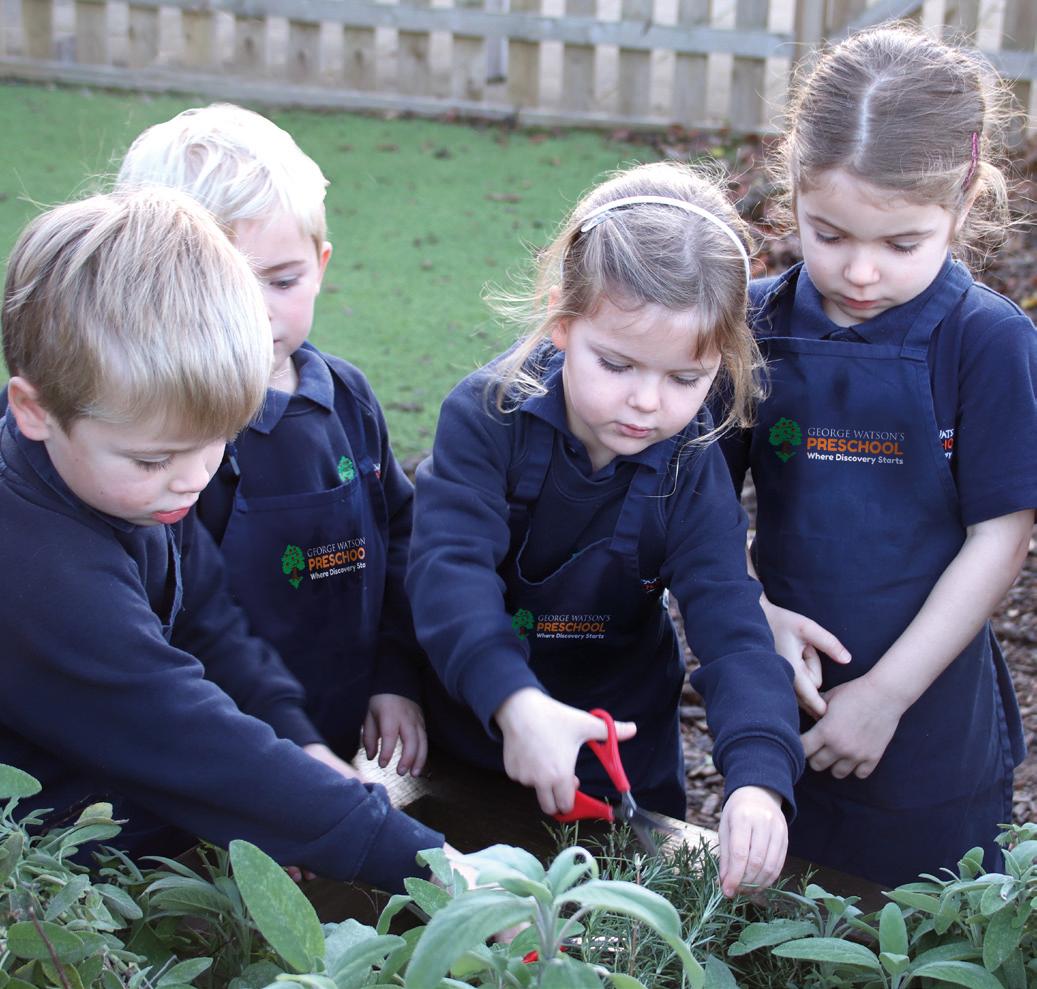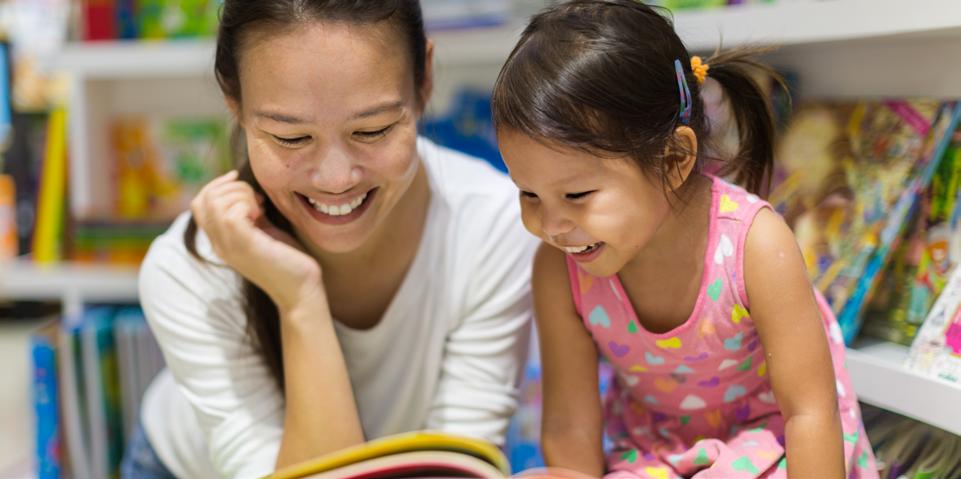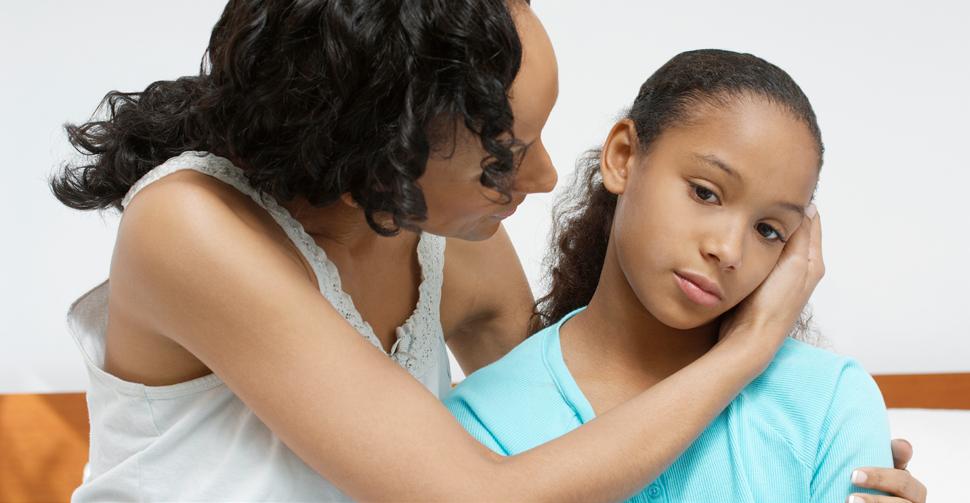





























Happy New Year from all of us here at Families! We wish you the very best for the months ahead.
It’s hard for everyone to keep New Year’s resolutions – especially children. Download our free colour-in Reward Chart which may help to keep your children engaged.
Whilst everyone feels like hibernating in winter, getting outside is good for us so, to motivate you, we’ve got some ideas for seasonal family activities as well as some projects which will help welcome more wildlife to your garden. And, once you’re back indoors? We have some great ideas for making family nights in special.




Finally, in this issue, we have Britannica Magazine subscriptions and other goodies to giveaway! Apply inside the magazine. By doing so, you’ll also ensure you receive our digital magazine with lots more content and goodies on offer.












































With Covid and the move to online platforms, tutoring has become more accessible, with more options and opportunities available. As a result, over fifteen percent of UK children are now receiving private tuition. But how can you get the best results?



READ MORE
By Dr Jamie LingwoodEarly language development is incredibly important and sitting down to read with your child gives them a big advantage in this area. But what are the best ways of helping your child to enjoy shared reading and why is it so beneficial?
READ MORE

Plan some great reading for your child with our children’s book suggestions, all just published or due to be published this year.
DJ Baby Funky novelty board book featuring spinning record turntables! Ages 1+.

Ten Little Bugs Part traditional counting rhyme, part fun-filled story - perfect for sharing. Ages 3-5.

Grandad’s Pride
Beautiful follow-up to Grandad’s Camper, filled with heart and purpose. Ages 3-6.


Charming picture book about the unusually literary fish. Ages 4-8.
Weird but true! 2023
National Geographic annual loaded with brain bending facts and photos. Ages 7-10.


Special World Book Day story (£1) in the actionpacked series. Ages 8+.
Special World Book Day story (£1) - a funny, joyful romp. Ages 6+.

Valentine Crow & Mr Death

Distinctive, warm and funny. From highlyacclaimed Jenni Spangler. Ages 9+.
Gilbert the Goblin’s new adventure – finding the legendary yeti. Ages 4-8.

 By Sarah Ockwell-Smith
By Sarah Ockwell-Smith
The ‘terrible twos’ aren’t called that for nothing! This stage of a child’s life is all about big feelings. Scientifically, it relates to the undeveloped prefrontal brain cortex meaning a child is unable to regulate their own emotions.

What is a tantrum?
Tantrums describe the state of an individual who is out of control, full of big emotions and stress hormones and unable to calm themselves down. Tantrums can happen right into adulthood but adults learn to self-soothe.

Toddlers don’t possess these skills yet. They are not being naughty or manipulative, they are simply being toddlers. Tantrums are a normal and exceedingly common feature of child development. Research has found that nearly nine in ten children between 18 months and 2 years regularly have tantrums, with most having at least one a day, lasting on average between thirty and sixty seconds (although it is not uncommon for them to occur far more frequently and last for much longer).

Contrary to popular belief, ignoring, shaming or punishing tantrums can make a toddler’s behaviour much worse. These approaches ignore a child’s difficult underlying feelings and don’t resolve the cause
or help the toddler regulate their behaviour. Experts have discovered just how much infant brains are affected by the level of parental care they receive. With nurturing attention, the part of their brains responsible for regulating emotion become better connected as they grow. READ MORE



















Cooking multiple meals at one time and then storing for later use.
Food is cooked in a ‘batch’, then stored in airtight containers. Meals are stored in portions for ease.
Batch cooking often involves doubling, tripling or quadrupling ingredients.
Big pans - you’re cooking bulk so ensure you have enough big pans to cope.
Large mixing bowls to bring all those ingredients together.
Storage containers and resealable freezer bags. Choose the right size for your family.
Labels. Keep track of what you’ve got and when you cooked it.
Saves money - buying food in bulk is cheaper. Saves time – you don’t need to cook every evening.
You are cooking when you want to and not when you have to.
It’s healthier as you always have a tasty nutritious meal on hand.
Set aside a few hours so you’re not rushed.
Prepare ingredients - weighing, measuring and chopping first will make the job easier.
Clean as you go and, if making several recipes at once, tidy up as you go too.
Cool before you freeze; food will keep better and save fridge energy.
This 2 minute video from The Batch Lady shows exactly what you’ll need to start batch cooking freezer meals.

This short video from The Batch Lady offers a great rundown on how to plan weekly meals for your family.







Macaroni






Parents wanting to locate a local children’s physiotherapist can now use an online directory launched by Association of Paediatric Chartered Physiotherapists.


The majority of children’s physiotherapists work in the NHS. Your GP can advise about local services and make a referral, if appropriate. However, some parents choose to seek advice and treatment from an independent or private physiotherapist either instead of, or to supplement, NHS care. Many children need support from a physiotherapist at some time during their childhood. This may be sought for advice and treatment relating to posture and movement or for acute injuries.
Qualified children’s physiotherapists are regulated, have additional expertise in child development and childhood conditions and the right skill base and knowledge to deliver the best care for babies and children. Find out more HERE



Phone alerts and notifications are constantly distracting and family members often have to compete. Being fully present with the activity or conversation we’re having with our children - without distraction - demonstrates that we value ‘real’ time together and are fully available.
Research shows that too much screen time can lead to mental health issues in children, whilst lost time interacting with family/ peers can impact their social development. Monitor screen time, ensure content is ageappropriate, communicate about inappropriate images and model healthy device habits.

Children absorb emotions like sponges and overhearing the news or emotionally-charged adult conversation can fuel their anxiety. If your child is worrying about the future, use mindfulness to bring them back to the present moment—’right here, right now, with you, all is well.’ Tell them that you love them no matter what.

Nature-deficit disorder (NDD) can contribute to higher rates of physical and emotional illnesses. But the good news is, it can easily be reversed. Spending time in nature is easier than we think: village greens, parks, commons and nature reserves abound in the UK and they provide the perfect setting for free family activities.


Reading is relaxing, distracting and a good alternative to screen time. A 2009 University of Sussex study found that reading can reduce stress by up to sixty eight percent. Just six minutes of relaxing into a good book can lower blood pressure and muscle tension.
Children are more likely to express their feelings when they sense we are fully available. Sitting somewhere that they have to pass by when they return from being elsewhere and gently inviting them to join us can be a good start. Listen intently without moving into ‘fix-it mode.’


Creating a comforting, wind down routine can help (reading a book together, listening to soothing music). Try placing hands on the belly, breathing easily and focusing on the breath, following the gentle movement of the belly that rises and falls. For the busy mind, try counting the breath to ten (in – 1, out – 2 etc) over and over.
Mindfulness apps/recorded meditations can help adults and children to relax and unwind but nothing compares with attending a course with a qualified mindfulness teacher which teaches key mindfulness skills. However, if, despite your best intentions and care, your child’s behaviour or anxiety level becomes worrying, do seek medical advice from a GP.

















































It’s not a happy fact, but each year thousands of couples in Scotland make the decision to divorce. The end of a marriage is a difficult and stressful time for them and there are a lot of things that need to be sorted out. However, with the right help and advice it does not have to be as complicated or costly as you might think. Here, we want to help families who are starting this difficult journey with some expert advice to make the process smoother for all of you.
Divorce is hard on kids, but they will likely already be aware of problems, so it’s best to be honest with them as soon as you can. Take time to explain what’s happening, if you can do this together as a couple, it will be easier for the child to understand. Be positive and reassuring – they need to know that they are still loved and many things will remain the same for them.
One of the first and most important things to agree is is who will look after the children. In many cases, parents arrange for kids to spend an equal amount of time with each parent.
If you can’t come to an amicable agreement on this, you can ask the court to decide. The courts will generally view that children should maintain contact with both parents, unless there is a strong reason to suggest that isn’t best for them.
Apart from speaking to close family and friends to advise them of your break up, there are some practicalities that you should sort out sooner rather than later. If you have joint accounts, you may wish to close these accounts or transfer them into the name of one of you.
You might also need to get in touch with your landlord, insurance companies, tax office, mortgage lender and gas, electricity and telephone companies to inform them of your change in circumstances. Make a list and do this all in one session if you can – it will be easier to get these conversations out of the way to start to move on.
While you are married, couples are legally obliged to provide financial support for each other. So you may be entitled to money called aliment from your partner while you are separated and the divorce proceedings are ongoing. Again, if you can agree financial arrangements ahead of court proceedings, this will make for an easier divorce.
Life sometimes has a way of surprising you and families and relationships can sometimes change course. If that happens, having a clear idea of the path ahead is vital. At Gibson Kerr, our Family Law solicitors have helped hundreds of families through separation and divorce, helping them navigate their way to a new beginning. We understand every situation is different, so we treat all our clients with respect and understanding.
If you need advice on any area of Family law and want to talk to someone friendly who understands your situation, get in touch. Call our Family Law Partner, Fiona Rasmusen, on 0131 226 9161 or email fiona.rasmusen@gibsonkerr.co.uk www.gibsonkerr.co.uk

Even after separation you can legally stay in your family home, unless a court orders you to leave. If you don’t come to an agreement on this, the court will make orders about the home.
If you rent and have a joint tenancy, you can decide who remains as a tenant and who should look for a new home. Again, if you don’t agree, the decision can be made by the court, who can transfer a tenancy agreement to your name, as well as sorting out any rent arrears.
Make sure you look into any Housing Benefit and Council Tax Reductions you might be entitled to.
Instructing a solicitor to act on your behalf is not only advisable for court, but a good family law solicitor can explain the best options to you, depending on your circumstances and can make the whole process easier for you. Our experts at Gibson Kerr are experienced and professional while being friendly and understanding. We can help you come out of the other side of divorce in the best possible situation to start your new life.
If you want to talk to an experienced and friendly family law solicitor to discuss any aspect of divorce or separation, please contact fiona.rasmusen@gibsonkerr.co.uk or by telephone on 0131 226 9161.
www.gibsonkerr.co.uk












































